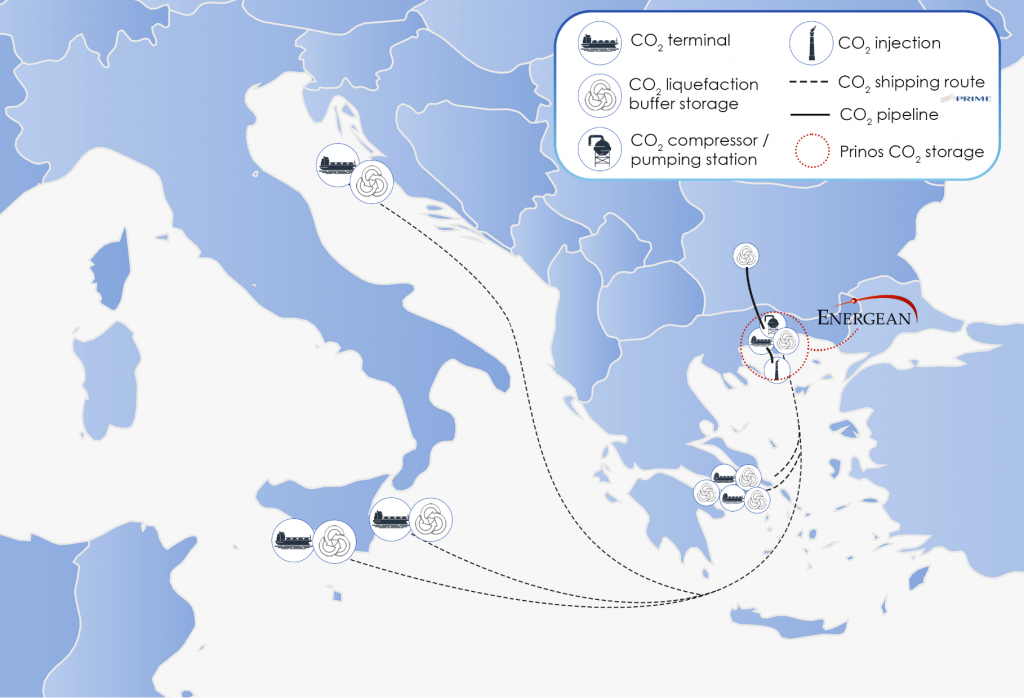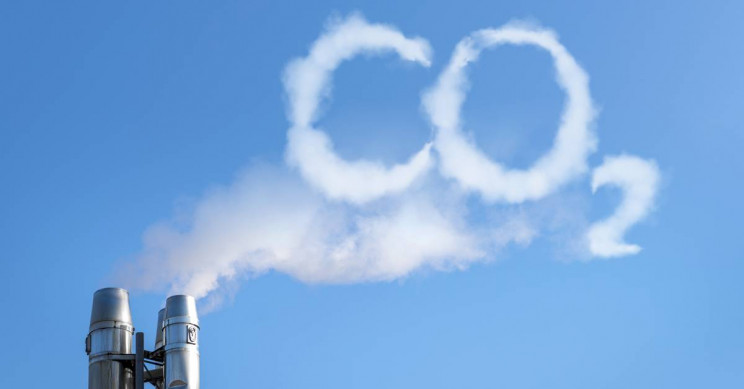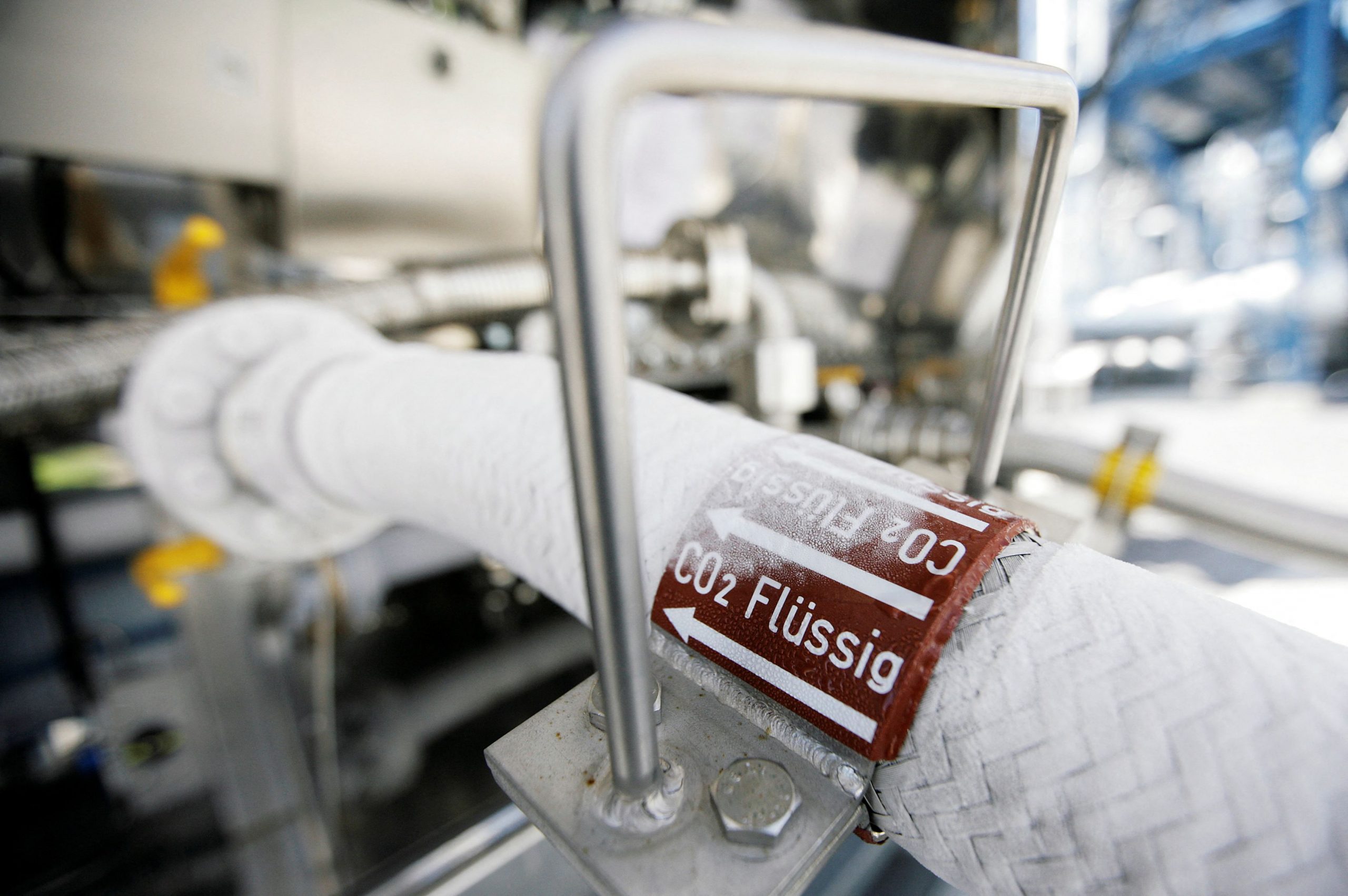Energean is racing the clock to meet deadlines related to the €1 billion Prinos CO2 Storage project as Greece already knows that its capacity will not be enough to cover emissions from its major industrial players and is therefore exploring extra storage capacity in Egypt.
CO2 Capture, Utilization, and Storage (CCS) technology involves capturing carbon dioxide emissions from industrial facilities or power plants, compressing it, and storing it in geological formations.
Greece is counting on the CCS to reduce the need of its major industries to purchase emission allowances.
However, as OT.gr reports, most likely the geological formation in Prinos will not be enough to cover the demand for storage of the entire Greek market, as the four major industry players alone (Titan, Holcim, Helleniq Energy, Motor Oil) produce 4 million tons of CO2, exceeding the project’s estimated total capacity of 2.5-3 million tons of CO2.
And gven the interest from industries in Italy, Bulgaria, and Croatia, it is clear that the Prinos project alone cannot accommodate all demand.
Energean aims to have Prinos operating at full development capacity by 2028-2029. However, as industries will no longer receive free emission allowances from 2026 to 2035, CO2 storage becomes increasingly critical and the pressure on Energean to deliver the project is even greater, according ot OT.gr.
Exploring Sites in Egypt and Regulatory Hurdles
The Greek Ministry of Environment and Energy is exploring the possibility of transporting and storing CO2 in Egypt, says OT.gr and preliminary talks are already underway for cooperation in CCS, considering Egypt’s suitable geological formations.
However, the lack of a relevant regulatory framework from the EU is hampering progress, and the EU will have to expedite the establishment of such frameworks to facilitate CO2 storage and support the EU’s green transition.
About the €1 Billion Prinos CCS Project
The Prinos CCS project has been included in the 6th list of European Projects of Common Interest, has a budget estimated at close to €1 billion, with €150 million from the Recovery Fund.
Energean plans to construct a storage facility in the depleted Prinos reservoir with a capacity to absorb 2.5 to 3 million tons of CO2 annually at full operation.
The project involves several critical steps including an environmental impact study, storage license and market test.
Given the tight schedules of the Recovery Fund, the operating license for the project must be issued by 2026. Recently, EnEarth, a subsidiary of Energean, applied for the CO2 storage license in Prinos, Kavala, northeast of Greece.
The area was selected because its geological characteristics are expected to be ideal, according to Energean.

Roadmap and Progress
The first phase of the project aims for a storage capacity of up to 1 million tons of CO2 annually, which could expand to 3 million tons. The pre-notification process started in June 2023, and official notification from the Greek government regarding state aid approval is expected soon, following the Climate, Energy & Environmental Aid Guidelines (CEEAG).
The submission of the environmental and social impact study and the non-binding market test are expected within the summer. A binding market test will follow, and binding contracts with industrial emitters and a final investment decision are anticipated by 2025.
To date, 10 non-binding Memoranda of Understanding (MoUs) have been signed with interested parties from Greece and neighboring countries.
Potential Penalties
The Net-Zero Industry Act includes provisions focusing on CCS projects, obliging businesses in Europe to develop carbon capture and storage technologies and infrastructure. Non-compliance could result in penalties.
The development of the Prinos CO2 storage project represents a significant step towards sustainable industrial practices in Greece, with the potential to position the country as a leader in CCS technology.
However, overcoming bureaucratic, regulatory, and capacity challenges will be crucial for the project’s success, notes OT.gr.






